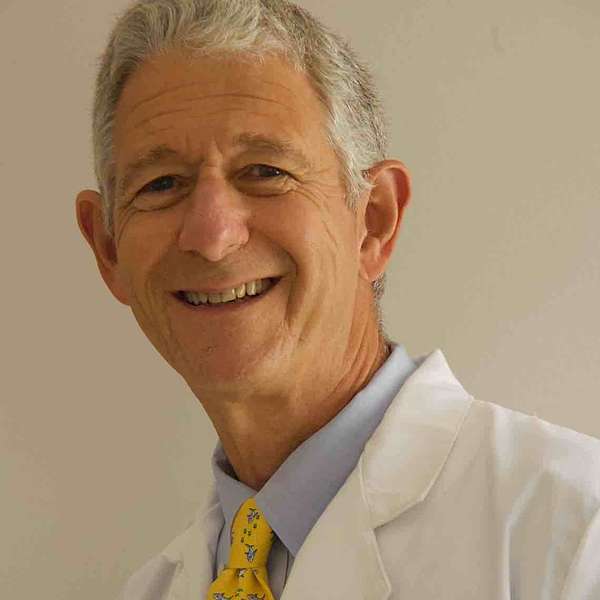
The Art of Medicine with Dr. Andrew Wilner
"The Art of Medicine with Dr. Andrew Wilner" explores the arts, business and clinical aspects of the practice of medicine. Guests range from a CPA who specializes in helping locum tenens physicians file their taxes to a Rabbi who shares secrets about spiritual healing. The site features physician authors such as Debra Blaine, Michael Weisberg, and Tammy Euliano, and many other fascinating guests.
The Art of Medicine with Dr. Andrew Wilner
The Art of Medicine, Episode #44, Space Medicine, an interview with Karina Marshall-Goebel, PhD
Dr. Wilner would love your feedback! Click here to send a text! Thanks!
Show Notes
Recent space adventures by Richard Branson on Virgin Galactic and Jeff Bezos’ flight on his rocket ship, “New Shepard,” have lowered the bar for travel beyond earth’s atmosphere.
One consequence of humans entering space is the burgeoning and exciting field of space medicine. William Tarver, MD, MPH, discussed astronaut selection and the challenges of space flight with me in Episode #35: https://www.youtube.com/watch?v=eCGqeSkqVx8&t=39s
Today, I’m joined by Karina Marshall-Goebel, Ph.D., to discuss health issues related to long-duration spaceflight. Dr. Goebel is a human physiologist with special training and ten years of experience in space medicine. As human beings venture further into space, health concerns related to long-duration space flight will inevitably increase. A round trip to Mars will be a 3-year journey, and some health issues like bone and muscle loss and exposure to radiation are foreseeable. But no one can yet predict all hazards to human health that must be addressed along the way.
One recently described health issue that affects approximately 2/3 of the International Space Station crew is spaceflight-associated neuro-ocular syndrome (SANS). Astronauts may experience visual blurring as their eyeballs become distorted over time. Other, more subtle ocular effects such as retinal and optic nerve changes occur. The underlying cause seems to be an excessive amount of fluid that has shifted to the head that would normally be held lower in the body due to gravity. To learn more about this syndrome and devise preventive measures and treatments, astronauts currently study themselves while in space with ultrasound and eye examinations.
Dr. Marshall-Goebel discussed countermeasures under development that astronauts could employ to counteract health problems associated with microgravity fluid shifts. Artificial gravity is one solution but tough to implement. A novel solution might be “vacuum pants,” which redistributes excess fluids from the upper body back to where they belong.
Please join us for this 15-minute discussion to learn more about the challenges of space medicine.
PS: Now available on Alexa! Just ask, "Play
Please click "Fanmail" and share your feedback!
If you enjoy an episode, please share with friends and colleagues. "The Art of Medicine with Dr. Andrew Wilner" is now available on Alexa! Just say, "Play podcast The Art of Medicine with Dr. Andrew Wilner!"
To never miss a program, subscribe at www.andrewwilner.com.
Follow me on Instagram: @andrewwilnermd
X: @drwilner
Please rate and review each episode.
To contact Dr. Wilner or to join the mailing list: www.andrewwilner.com
This production has been made possible in part by support from “The Art of Medicine's” wonderful sponsor, Locumstory.com, a resource where providers can get real, unbiased answers about locum tenens. If you are interested in locum tenens, or considering a new full-time position, please go to Locumstory.com.
Or paste this link into your browser: